Eco-Cha Tea Club
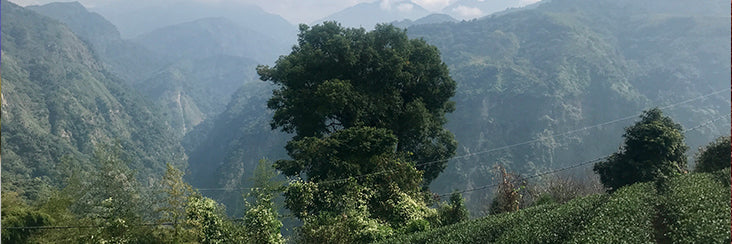
Red Oolong Tea | Eco-Cha Tea Club
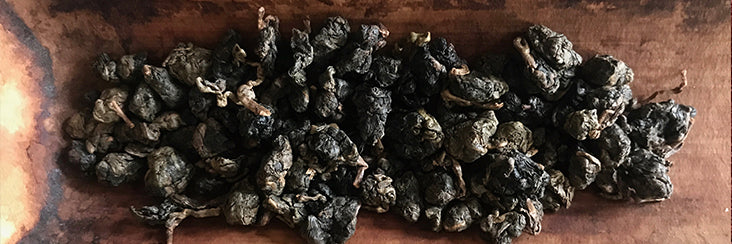
Fo Shou Oolong Tea Tasting Notes | Eco-Cha Tea Club
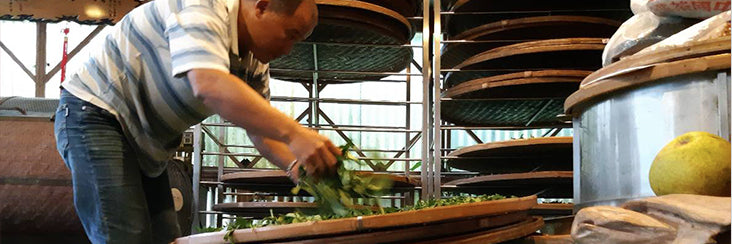
Fo Shou Oolong Tea | Eco-Cha Tea Club
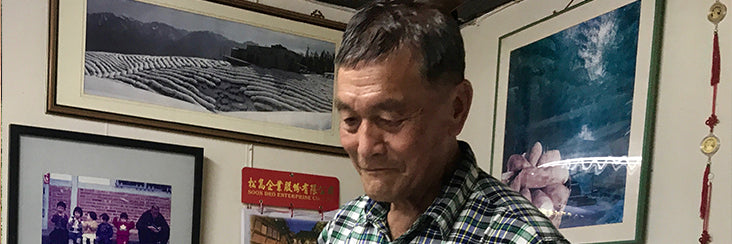
Light Roast Phoenix Village Oolong Tea | Eco-Cha Tea Club
We recently visited Mr. Liu when we hosted a visitor from Italy who was keen on experiencing the local tea culture. Our guest was truly elated to be served tea by a true artisan of the trade. Mr. Liu served us three different teas that were all locally harvested this past spring. They varied only in their degree oxidation and roasting. And the one that was sufficiently oxidized, but only lightly roasted, immediately impressed us.
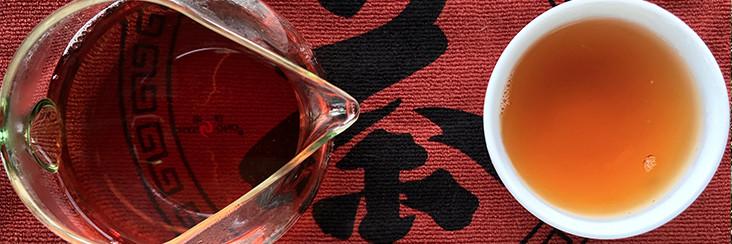
Award Winning Roasted Jin Xuan Oolong Tasting Notes | Eco-Cha Tea Club
This batch of award winning tea is a cultural diplomat of central Taiwan's tea making tradition. It is a hearty, complex brew with a broad profile of flavor that is bound to satisfy both the sensitive palate as well as the demand for a robust, full-flavored brew. It is a middle ground in the spectrum of tea types, ranging from Green Tea to Black Tea, with a wide variety of Oolongs in-between. It has a definite "cured" character, while maintaining a substantial fruity, clean quality offering an interesting brew that remains interesting for, well — years-on-end! In a word, it's our favorite style of tea.
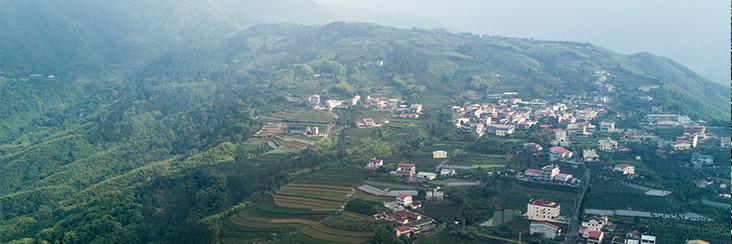
Traditional Hong Shui Oolong Tea | Eco-Cha Tea Club
We met Mr. Chen when we spent the night in our Lishan High Mountain Tea source's factory last spring. We learned that he specializes in making Hong Shui Oolong in Fenghuang Village, where he was born and raised. It is only with this year's spring harvest that we got the opportunity to procure a small amount of this tea type to share with our Eco-Cha Tea Club members.
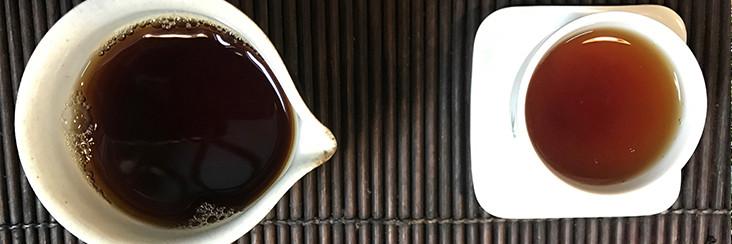
Aged Harbor Tea Tasting Notes | Eco-Cha Tea Club
The image above portrays the visual character of the tea being shared in this month's Eco-Cha Tea Club. It's a rich, hearty brew that is both smooth and complex with a heady finish that is specific to an aged Oolong. The bubbles created in the tea pitcher when pouring off the brewed tea indicate that the essential aromatic oils and other key constituents have been preserved and concentrated in the aging process. We are excited to share this rare batch of Wuyi Oolong that was cultivated, cured, and aged at the southern tip of Taiwan in the tiny village of Gangkou, Pingtung County.
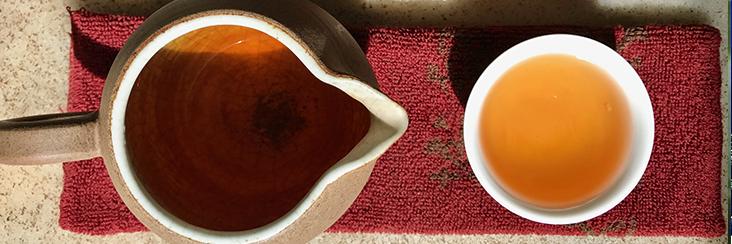
Honey Fragrance Oolong Tasting Notes | Eco-Cha Tea Club
The tea leaves shown above are from a rare batch of winter tea that was affected by the Green Leafhopper. This is the insect that is responsible for the existence of the renowned Oriental Beauty Tea, and the more recent innovation of Concubine Oolong Tea. The presence of this insect indicates that pesticides were not administered during the growing season to deter it. And the effect it has on the bug-bitten leaves is a distinct honey like character prominently in the aroma, but also in the flavor.
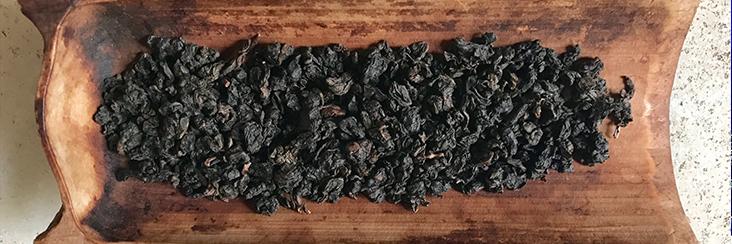
Tieguanyin Oolong Tea Tasting Notes | Eco-Cha Tea Club
In many cases, traditional styles of tea making involve much more "curing" of the tea leaves that has the dual purpose of bringing out a strong, distinct character, and stabilizes the tea leaves to maintain its flavor — giving it a prolonged shelf life as well as a discernible profile. In this sense, Tieguanyin Oolong is a prime example of a traditional product of regional origin. Initially brought from mainland China, this tradition took root in Northern Taiwan in the 1800's, and it has survived to this day.
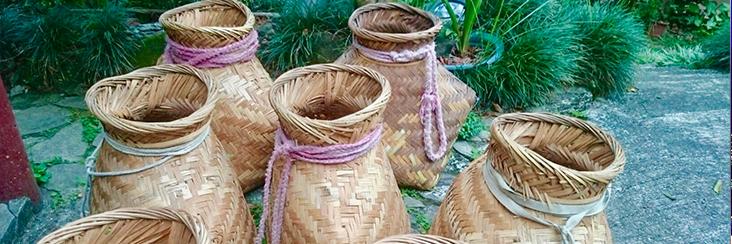
Tieguanyin Oolong Tea | Eco-Cha Tea Club
This farm is the only place we've seen the baskets shown above still being used in Taiwan for harvesting tea by hand. They are now typically displayed as a memoir of generations past. This in itself is a symbol for the tradition that this farmer has made his vocation to preserve. At the young age of 20, he inherited his family farm in the historical tea producing area of Muzha in Taipei County, and has dedicated the last 30 years of his life to keeping the tradition alive by making the type of tea for which this place name has been renowned for well over 100 years - Tieguanyin Oolong.

